
On Black & Highly Flavored, co-hosts Derek Kirk and Tamara Celeste shine a light on the need-to-know movers and shakers of our food & beverage industry.
Listen NowPopular on Food52
30 Comments
Jason T.
June 25, 2014
Omnivores Dilemma and How to Cook Everything. That pretty much kicked it all off.
Jenali
June 25, 2014
Mark Bittman's Food Matters made me think more about the food I'm eating. I'm currently reading We The Eaters by Ellen Gustafason.
Americanmade E.
June 25, 2014
Who is going to be the first to donate on Kickstarter?
https://www.kickstarter.com/projects/371852389/a-new-twist-to-an-old-favorite-american-made-eggro
https://www.kickstarter.com/projects/371852389/a-new-twist-to-an-old-favorite-american-made-eggro
Jessie
June 25, 2014
Merely an echo at this point, but Michael Pollan's "The Omnivore's Dilemma" led me to completely overhaul my eating habits and lose fifty pounds (25% of my body weight). Later, "Food Politics" by Marion Nestle and "Fast Food Nation" by Eric Schlosser further influenced my eating by changing my understanding of political and global food and what exactly I can do about it.
ieredraider
June 25, 2014
along with books mentioned "Super Foods Rx, Fourteen foods that will change your life" by Steven Pratt and Kathy Matthews
Bradley M.
June 25, 2014
Michael Pollan's books: "The Omnivore's Dilemma", "In Defense of Food", and "Cooked". I was also moved pretty significantly by Barbara Kingsolver's "Animal, Vegetable, Miracle". And, of course, I can't leave out the masterpiece by Sandor Katz, "The Art of Fermentation". All of these works have inspired me to work persistently at the craft of cooking and the joy of eating.
Jo B.
June 25, 2014
Michael Pollan's multiple books, and year's ago Laurel's Kitchen and the original Vegetarian Epicures (I'm an omnivore).
Judith R.
June 25, 2014
Robert Capon's "Food for Thought: Resurrecting the Art of Eating." I came across a copy in the early '80s and it was the first place I'd ever encountered a book that taught me to think about the animal I was going to cook and eat with gratefulness and respect and how to spatchcock a chicken at the same time. I highly recommend finding a copy if you can.
Judith R.
June 25, 2014
And obviously, Pollan's Omnivore's Dilemma and In Defense of Food. But Capon's book was my first encounter with considering the actual animals I was eating. Even 30 years ago, there were people starting to think...
Westcoasty
June 25, 2014
The Omnivore's Dilemma. Reading about Polyface Farms enchanted me so much that over time, my entire attitude towards food, cooking, and even life has changed 100%. I used to loathe cooking, but now I enjoy it, more and more. Cooking from scratch seems less like a nuisance and more like a way of life that we have moved away from to our detriment.
redorgreen126
June 24, 2014
Nourishing Traditions, Omnivore's Dilemma, In Defense on Food, Real Food... I love food books!
ChrisM.
June 24, 2014
River Cottage meat book along with "fat" changed the way I considered meat/ livestock & sustainability. Use Culinary Artistry as a guide for relationships between ingredients.
Ryan R.
June 24, 2014
Culinary Artistry was very influential starting off in the culinary world and The United States of Arugula was a great read about the evolution of the culinary culture in America.
Tim D.
June 24, 2014
The World's Healthiest Foods by George Matelljan . It's a great book. Whether you use as a reference guide, a recipe book, or a good read. It gives great info. ,on so many different topics. It's great to have handy.
Jamie C.
June 24, 2014
I'm working on starting up a sustainable and locally sourced barbecue restaurant and butcher shop. I, and my future customers, could really benefit from this book.
Shannon F.
June 24, 2014
Grain Brain by David Perlmutter because it helped me understand how what I eat can impact my cognitive function. Molto Gusto by Mario Batali because Mario has great ideas about how to make vegetables more exciting.
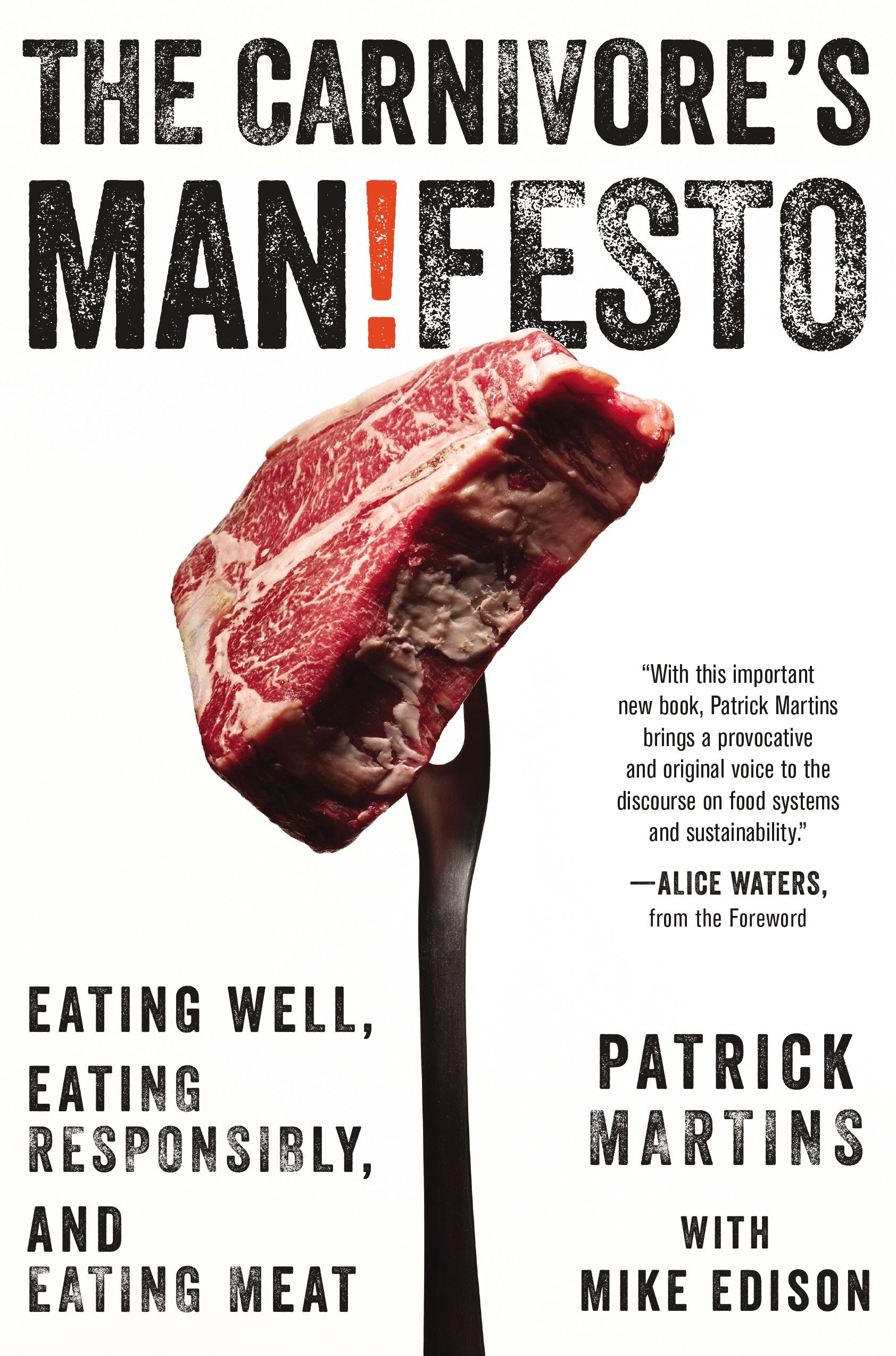

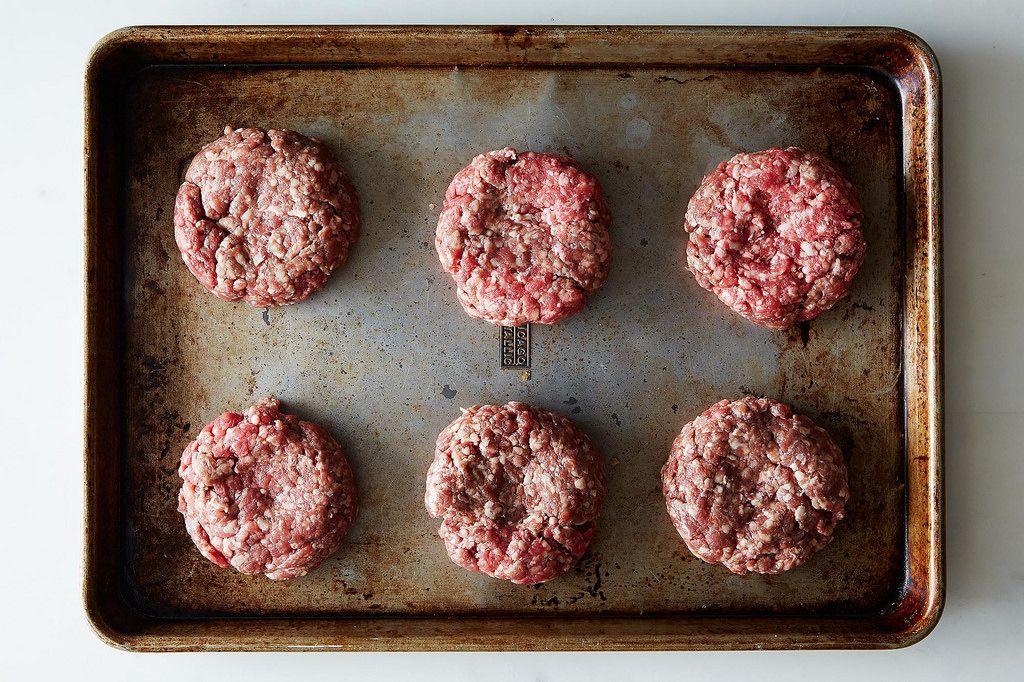
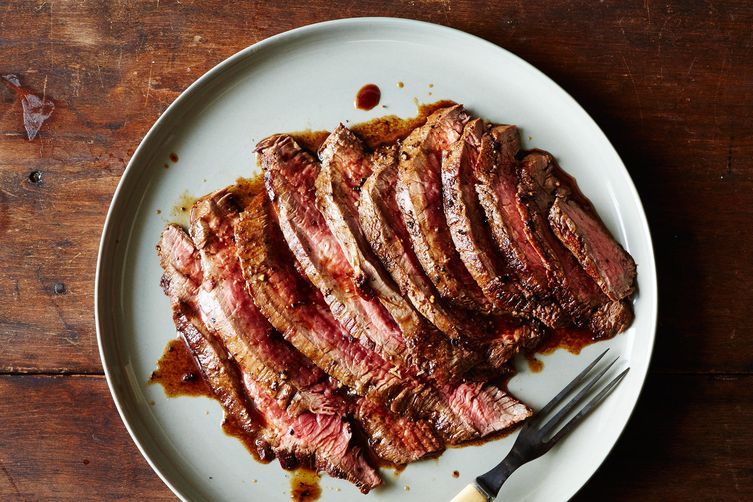
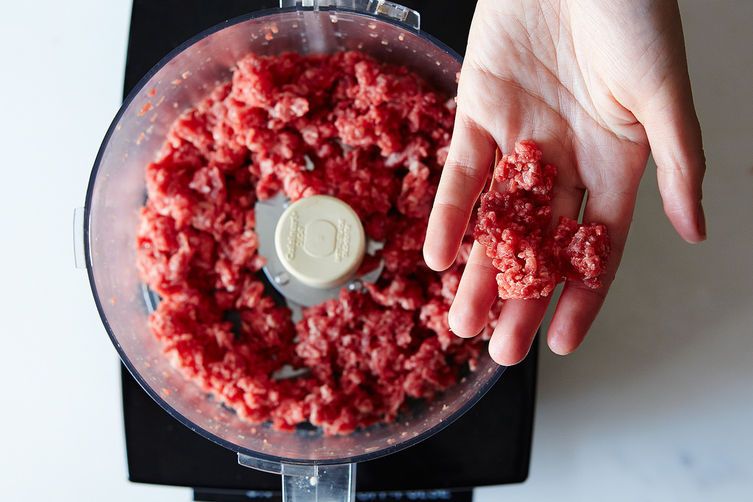
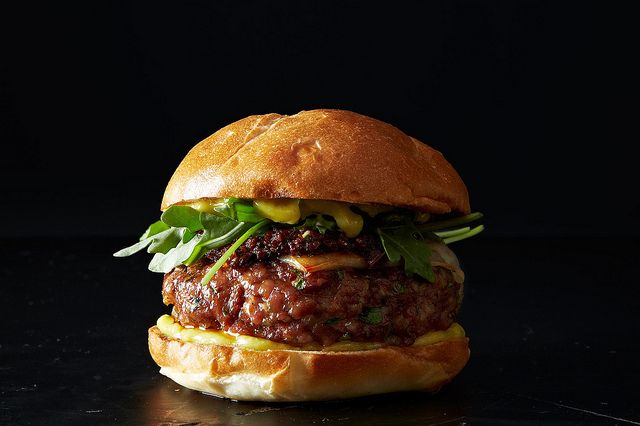

See what other Food52 readers are saying.